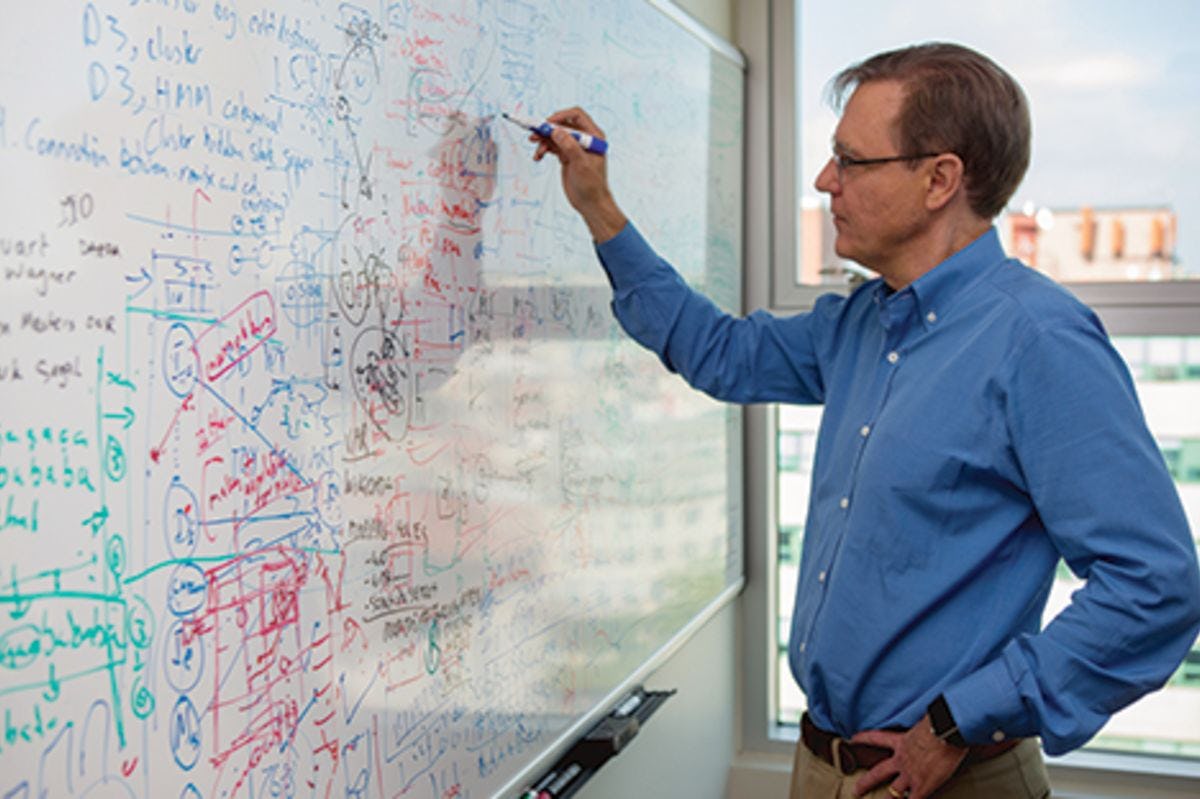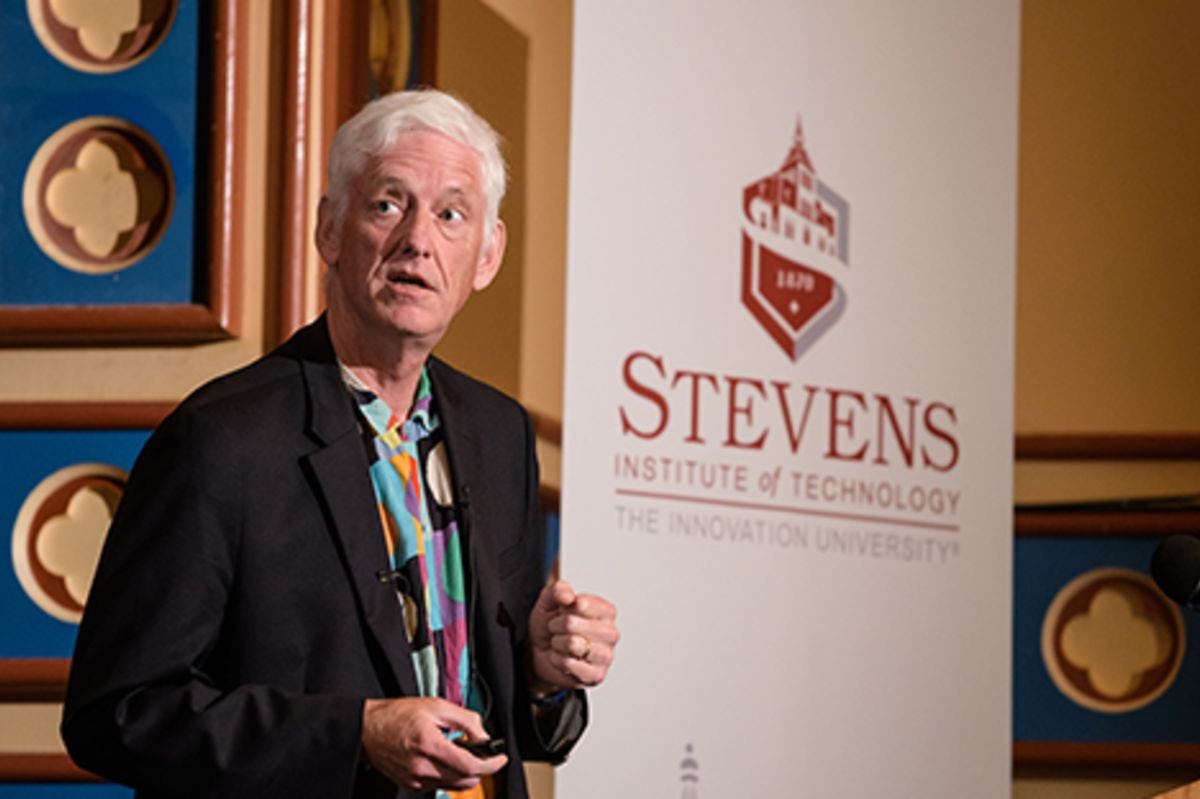Preparing Machines to Work Alongside, Rather than Displace, People
Stevens Researchers, Backed by NSF, Will Lead Creation of Network to Align AI Tools, Human Capabilities in Every Industry
Much of the conversation in the media about artificial intelligence and machine learning has focused on the displacement of human workers through automation.
But there’s another part of the conversation that has yet to get attention so far — the idea that jobs can be restructured so that AI can augment, rather than replace, humans at work.
It’s a concept that Dr. Jeff Nickerson, associate dean of research for the School of Business at Stevens Institute of Technology and an expert in collective intelligence, hopes to explore further through a National Science Foundation grant.
“Given that we have these tools, how will we redesign tasks to make use of AI tools and also make use of human capabilities?” he said.
Dr. Nickerson is a co-PI on the grant, which will create a research collaboration network to help define the future of AI and machine learning at work.
Much of Dr. Nickerson’s work in the realm of collective intelligence looks at concepts like the wisdom of crowds in solving problems and the creative design process. Figuring out how smart machines and humans can collaborate is part of what drives his research interests.
“We ought to be thinking through how to use these tools in productive ways, how can we make teams of humans and AI, working together, to accomplish large-scale goals,” he said.
The grant was awarded in partnership with researchers from Syracuse University, who will help Dr. Nickerson build the intellectual might to begin framing the conversation about AI and jobs.
“In order to really get a handle on this, we need people in computer science who understand machine learning, we need people in business schools who understand concepts like task design and business processes, and we need experts in psychology, sociology, economics, law, and policy,” Dr. Nickerson said.
The research collaboration network will assemble this team by using grant money to invite experts from these wide-ranging disciplines to events outside their traditional wheelhouses, where they’ll have a chance to see how interconnected this opportunity is.
Collaboration throughout Stevens, and beyond
A yearly conference, Dr. Nickerson said, will allow the organizers to invite a whole set of experts from across disciplines to create “a convergence of thinking and terminology” needed to address this societal problem.
That will include opportunities for Stevens faculty, also — both within the School of Business and beyond, from disciplines as far ranging as mechanical or electrical engineering to computational social sciences.
“This is truly a topic I believe is engaging for all the disciplines studied here at Stevens,” Dr. Nickerson said. “I’ve already talked to researchers in the Computer Science department about helping us plan workshops at computer science-types of conferences. And at the School of Business, we have experts in labor economics, corporate governance and task design, which will all play a role in this conversation.”
The grant also keeps Stevens on the forefront of discussions around the role and impact of AI and machine learning on society. Earlier in October, as part of Stevens’ President’s Distinguished Lecture Series, Dr. Oren Etzioni, CEO of the Allen Institute for Artificial Intelligence, discussed advances in AI and their potential societal impacts, following Dr. Peter Norvig, a prominent Google researcher who spoke about a similar topic.
As co-PI on this grant, Dr. Nickerson hopes the network he helps create will given Stevens continued credibility in this field.
“This funding will help us draw the right people together and design just the right network,” he said. “Already, we’ve started to build up the set of people we think will be interested, both in academia and industry. It will be exciting to see what sort of direction we go in with such a cross-disciplinary group of research experts.




